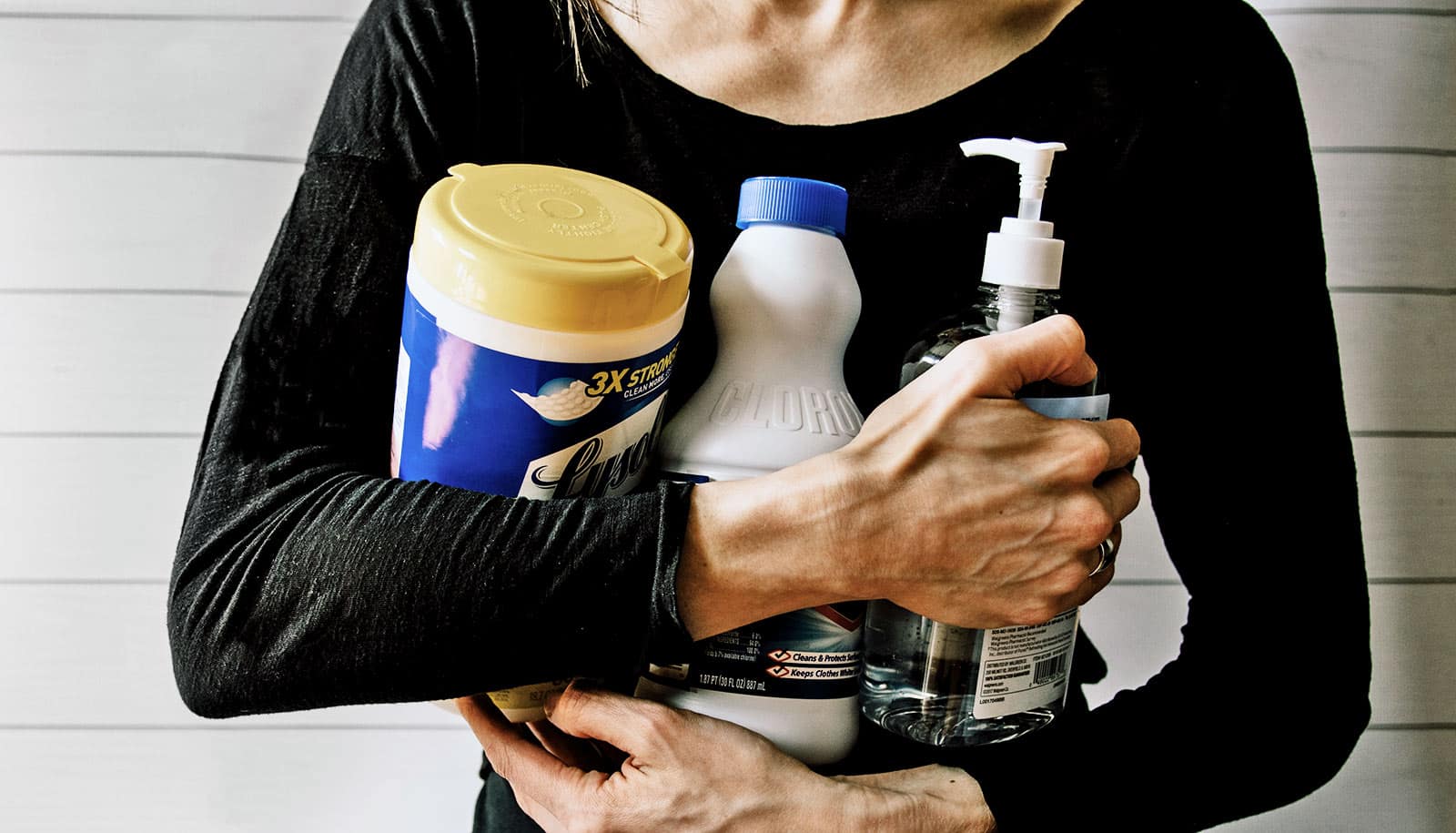The COVID-19 pandemic has heightened stress and anxiety, leading some people to start hoarding as much toilet paper, bread, and hand sanitizer as they can fit in their car.
But the practice isn’t that unusual, says Stephanie Preston, behavioral neuroscientist in the University of Michigan Department of Psychology.
Here, she explains why hoarding is a normal behavior during times of stress:
What causes people to hoard?
Owing to the COVID-19, people are stockpiling goods. Are we crazy? Research shows that the tendency to stockpile or hoard essential items is not just a strange behavior that we do in times of crisis; it is actually hardwired into our nervous systems as an adaptive response to shortage, which we share with other species.
For example, kangaroo rats who must survive desert droughts and squirrels that must live all year from the fall nut production respond in sophisticated ways to signs of trouble—like neighbors who steal food, feeling hungry, or finding an unusually valuable item.
The same brain area is responsible for the tendency of humans to hoard goods and lab rats to store their chow. We have even induced anxiety and uncertainty in people in the laboratory and increased their hoarding immediately afterwards. This response to stress and perceived uncertainty is natural and usually adaptive.
Does the fear of the unknown and losing out on something contribute to hoarding?
That is definitely something we’ve observed in psychology. People aren’t actually sure what has value, so they take cues from others. When you see that everybody wants a certain item, it’s a cue to your brain that the item is desirable, and it suddenly increases in value for you, too.
Your brain actually responds neurochemically to the surprise of seeing everyone want an item, which motivates you to get it. Even when you see an empty shelf that has one last item, you’ll grab it because you’ll think, “I must have it, because it seems important,” whether or not you actually need it.
What has been the outcome with hoarding as it relates to social media?
People have been shaming others on social media and using the term hoarding in a derogatory way. Shaming is a natural response to violations of trust or social norms, which evolved to “keep people in check.”
Thus, if evolution has anything to say about it, we will continue hoarding to the extent that we find the news alarming; and people will continue shaming anyone who appears to take more than their “share”—which is, again, probably pretty adaptive.
Rather than hoard, what strategies would you recommend to help people cope with stress?
Interacting with people that we value and trust, giving aid to others in need, and being physically active are all behaviors that are known to improve well-being, which we can still practice during these troubling times—even from our own homes.
If we aim to practice each of these at least once per day, we will feel more connected, valued, and stimulated, which will help us stay calm and keep that temporary anxiety at bay.
Source: University of Michigan



